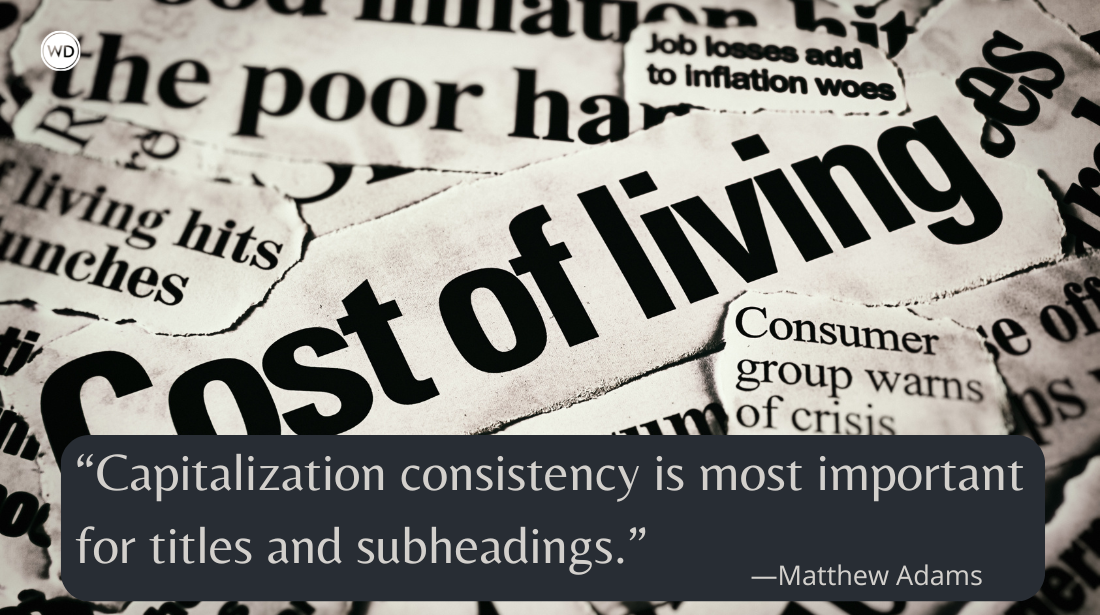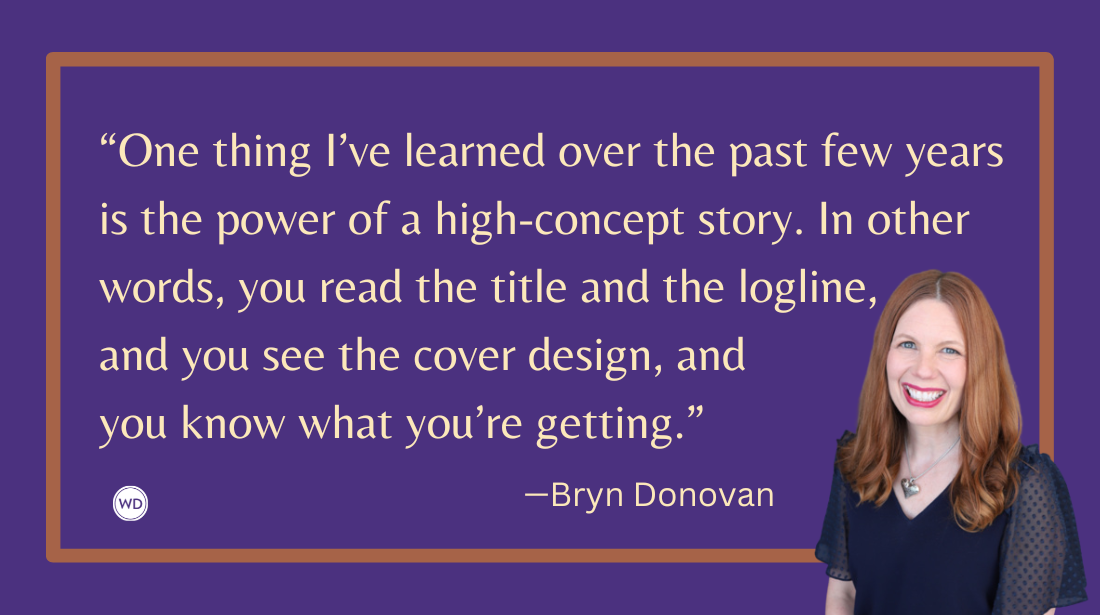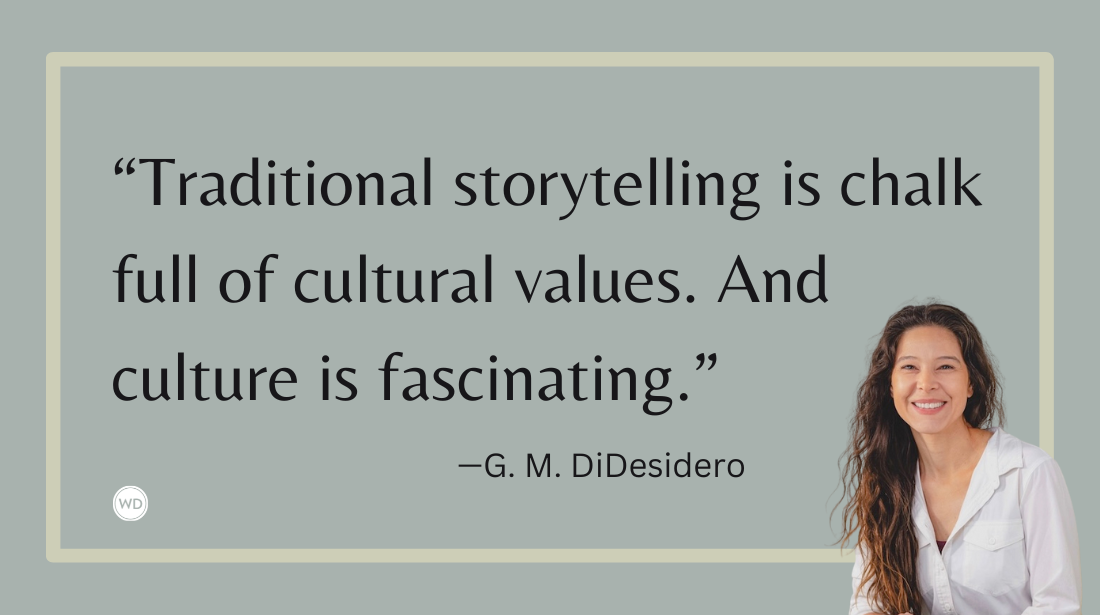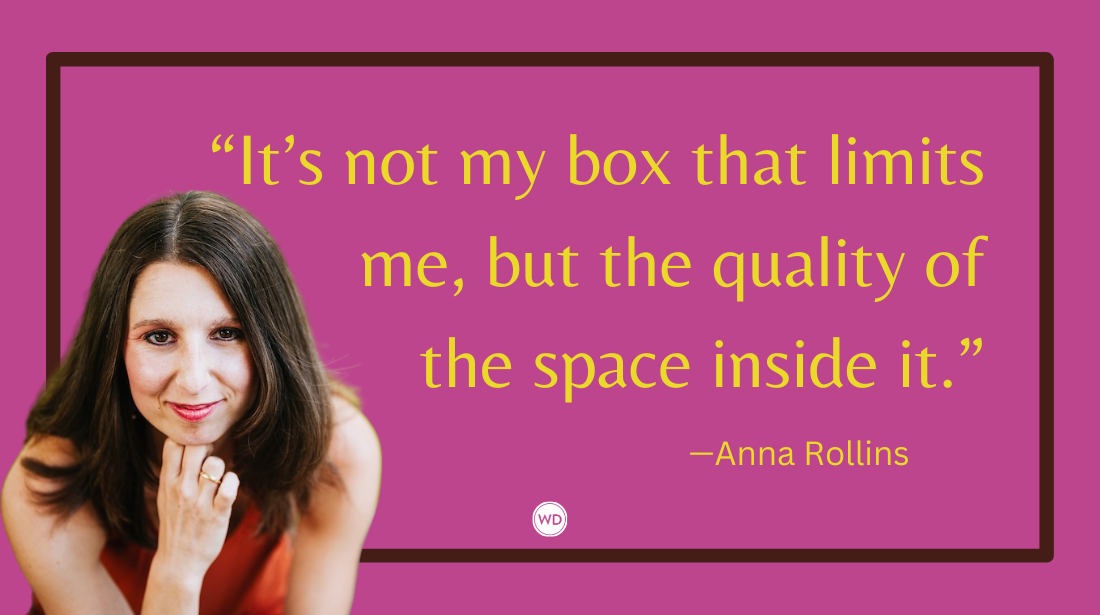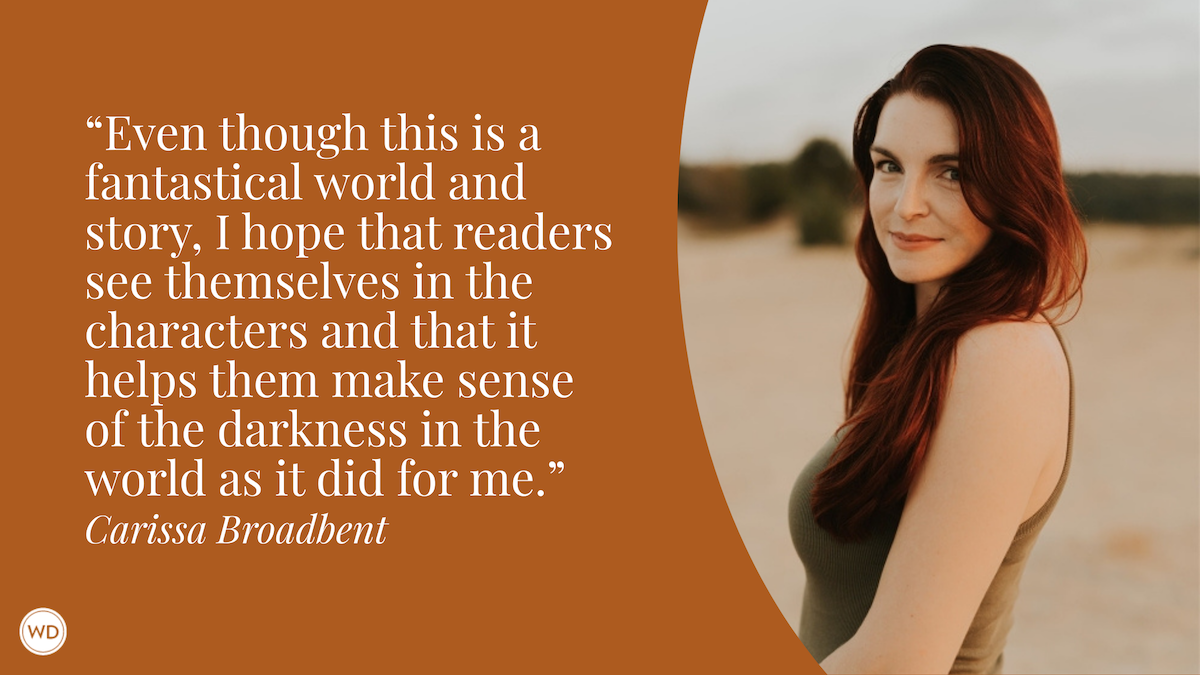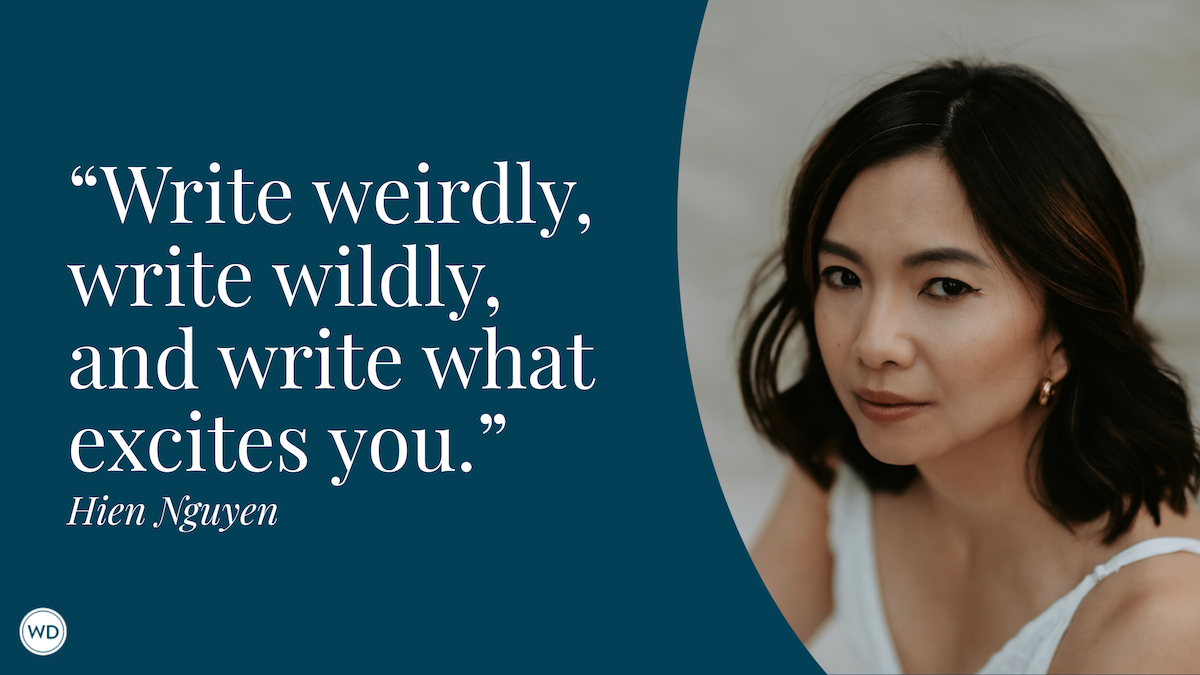Elizabeth Shick: On Research Through Immersion
Award-winning novelist Elizabeth Shick discusses the complete rewrite she devoted to her debut novel, The Golden Land.
Elizabeth Shick is the debut author of The Golden Land (New Issues Poetry and Prose), winner of the 2021 AWP Prize for the Novel. A longtime American expatriate, she has lived and worked in Myanmar, Angola, Malawi, Mozambique, Tanzania, The Gambia, and Italy. She now resides in Dhaka, Bangladesh and West Tisbury, Massachusetts.
Shick holds a Master of Fine Arts from Lesley University and a Master of International Affairs from Columbia University. You can visit her online at elizabethshick.com, and find her on Twitter, Facebook, and Instagram.
In this post, Elizabeth discusses the complete rewrite she devoted to her debut novel, The Golden Land, her advice for other writers, and more!
Name: Elizabeth Shick
Book title: The Golden Land
Publisher: New Issues Poetry and Prose
Release date: December 6, 2022
Genre/category: Literary fiction
Elevator pitch for the book: The Golden Land is a debut novel that digs deep into the complexities of family history and relationships. When Etta's grandmother dies, she is compelled to travel to Myanmar to explore complicated adolescent memories of her grandmother's family and the violence she witnessed there. Full of rich detail and complex relationships, The Golden Land explores those personal narratives that might lie beneath the surface of historical accounts.
IndieBound | Bookshop | Amazon
[WD uses affiliate links.]
What prompted you to write this book?
The Golden Land was inspired by the six years my family and I lived in Yangon, Myanmar. When we moved to Myanmar, my seventh country in 20 years, I did what I always do when moving to a new place, which is to immerse myself as much as possible in that new culture. I enrolled in language lessons, attended cultural events, ate lots of local food, and asked many, many questions of the people I met.
I was especially lucky to be part of a book club made up of mostly Myanmar women. That first year, we focused almost exclusively on books set in Myanmar, prompting many long and illuminating conversations about the fascinating history of the country and how it impacted these women’s lives. The Glass Palace by Amitav Ghosh and The Lizard Cage by Karen Connelly were two early sources of inspiration that we read together that year.
Meanwhile, I’d just finished a novel set in Malawi and was looking for something new to sink my teeth into when we were invited to lunch at a friend’s house. Standing on her lawn on the edge of Inya Lake, someone remarked about the house across the lake, where the much-maligned former dictator Ne Win once lived.
“Who owns it now?” I asked.
“His daughter,” said my friend, “she keeps a low profile, as you can imagine.”
I can’t remember the rest of the conversation because my mind had already skipped ahead, imagining what it would be like to be related to someone with so much blood on their hands.
How long did it take to go from idea to publication? And did the idea change during the process?
A looong time. The first full draft took about three years. As entranced as I was with the story, I knew it needed work. Aside from a couple of online writing courses over the previous decade, I’d done all my writing in complete isolation and without any formal instruction.
So, in 2017, I enrolled in Lesley University’s low-residency MFA program, and with the support of my wonderful mentors and peers, embarked on a head-to-toe revision of the entire novel. In early 2021, I submitted the manuscript to the Association of Writer’s and Writing Programs (AWP) annual award series, and to my complete surprise and joy, it won the 2021 AWP Prize for the Novel, which came with publication.
Despite all this revision, the central plot of The Golden Land—that of a young woman returning to Myanmar after the death of her grandmother—remained the same. What changed was the expression of that story. For example, POV changed from third person to first person, and tense from past to present.
I also changed the structure of the novel. That first draft had no chapters, and the narrative jumped back and forth from 2011 to 1988 and 1945 in a way that many readers found jarring. In response, I went back to the beginning and reorganized the novel into the two alternating narratives of 1988 and 2011 that the it has today.
Were there any surprises or learning moments in the publishing process for this title?
I think it’s safe to say that everything about the publishing process was a surprise to me. I’d barely begun to look for an agent, let alone submit to publishers, when I received the news that I’d won the AWP Prize for the Novel. As thrilled as I was about the prospect of being published, I felt completely unprepared and overwhelmed by what came next.
There was so much I didn’t know about the publication process: Legal questions about rights and royalties, the difference between proofs and galleys/ARCs, how to secure blurbs for the cover, and so on. I am so thankful for my Lesley MFA community, especially my mentor Michael Lowenthal, who held my hand through this process, answering my questions with a perfect combination of patience and humor.
Were there any surprises in the writing process for this book?
The biggest surprise came from the character of Jason, the narrator’s American fiancé, who refused to cooperate with my initial vision of him. I’d heard other writers talk about characters taking on a life of their own but had never experienced it quite so emphatically. In my mind, Jason was little more than a springboard for Etta to dive off as she embarked on her journey of self-discovery back to Myanmar. But evidently, being a springboard wasn’t enough for Jason.
When I began workshopping the novel at Lesley, Jason was the character my mentors and peers found the least developed. On the surface, he’s the one I have the most in common with, yet I’d written him as a stereotype. Worse still, I’d written him as a stereotype from 25 years ago—a personal grudge, no doubt, against some of the white American men I’d known the last time I lived in U.S.! Once I let him out of that cage, he began responding to Etta in ways that demonstrated an understanding and depth that made the story much stronger.
What do you hope readers will get out of your book?
What I hoped when I began The Golden Land, and what I hope now, has changed significantly since the 2021 military coup that plunged Myanmar back into darkness. Initially, I simply wanted to share some of the magic I had experienced while living in Myanmar. I hoped readers would become as enchanted as I was with both its history and its beauty. I also wanted to give readers a sense of the rich and complicated backstory that many immigrants carry with them when they leave their country for a foreign land.
I still hold these same hopes for the novel. Since the coup, however, I also want The Golden Land to help raise awareness about what’s happening in Myanmar today, and to encourage support for the people there, who have fought so long and hard for freedom and democracy. (To that end, I’ve included a list on my website of local Myanmar organizations that are supporting the resistance, and I am donating partial proceeds from the book to one such initiative called Boston Free Burma.) In this same vein, I hope the novel will serve as a reminder to my fellow Americans in particular, of just how precious democracy is, and what can happen when it fails.
If you could share one piece of advice with other writers, what would it be?
Learn to distinguish between the story in your head and the execution of that story on the page. The story in your head is something only you know. The words on the page are your attempt to communicate that story to others. If you’re like me, it will take several drafts for the words on the page to match the story in your head. Understanding this difference will make revision easier.
Early readers are a key part of the revision process. Unlike you, they have no foreknowledge of what your words are intended to convey; they can only react to what’s on the page. When these readers tell you something isn’t working, you need to pay attention because it means you haven’t fully executed some aspect of the story in your head.
Occasionally, well-meaning readers will take a step further and tell you not only what isn’t working but how to fix those elements of the plot that they find lacking. This is where you need to be cautious. In addition to not knowing the story in your head, early readers might actually have their own story in their head that they’re trying to shoehorn into your words. In my experience, this kind of feedback can be confusing, often sending you in the wrong direction and setting your project back weeks, if not months.
Again, receiving reader feedback about what works and doesn’t work is incredibly valuable. This is the best kind of feedback you can receive because it allows you to tap back into your own story to find authentic and organic solutions to what’s missing.




